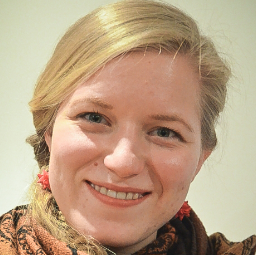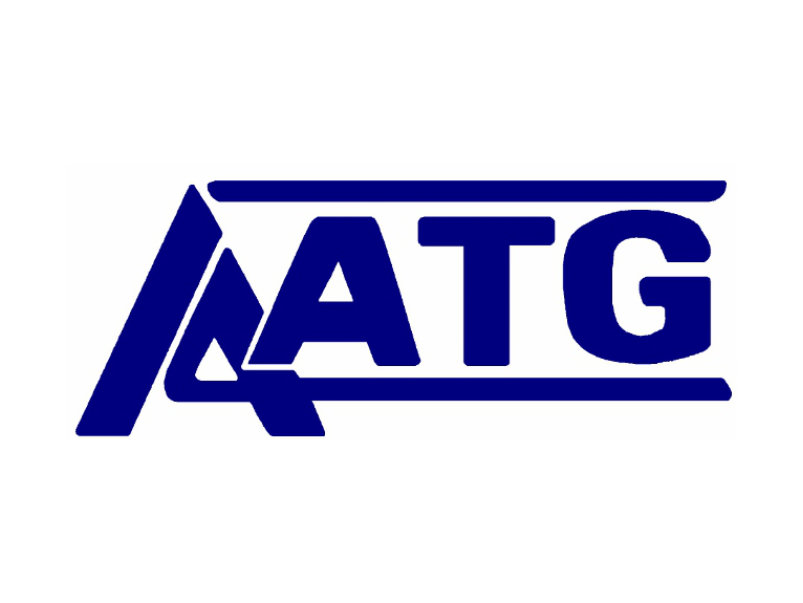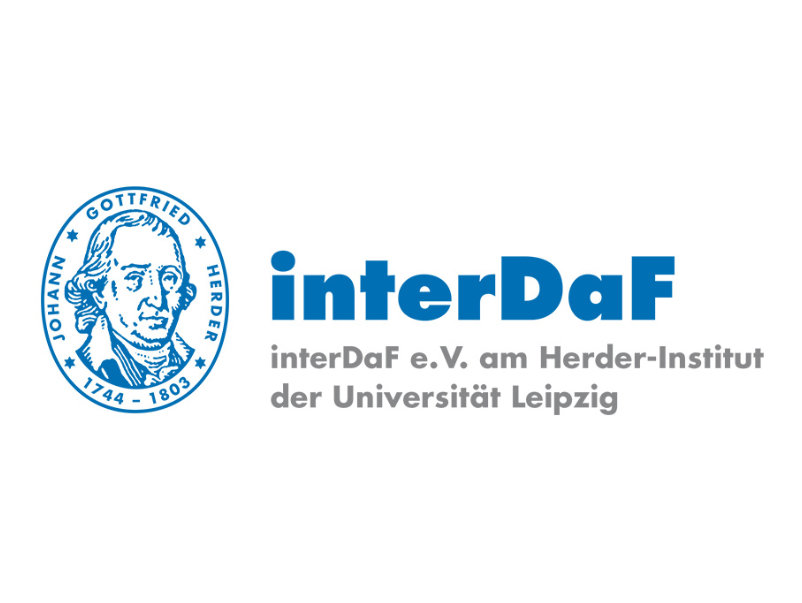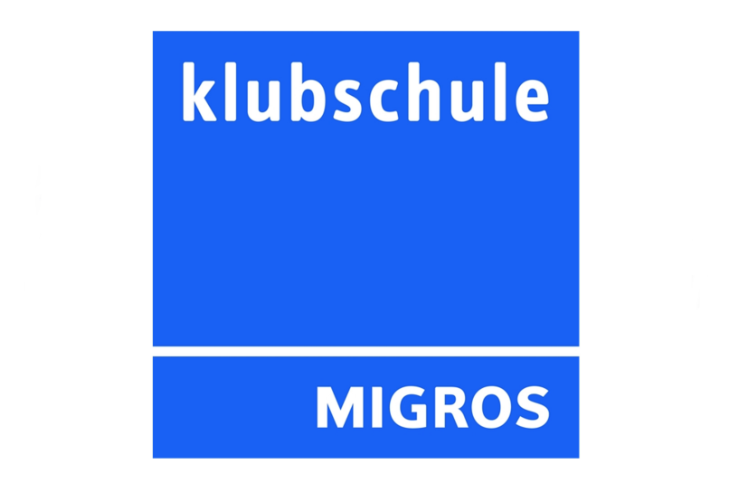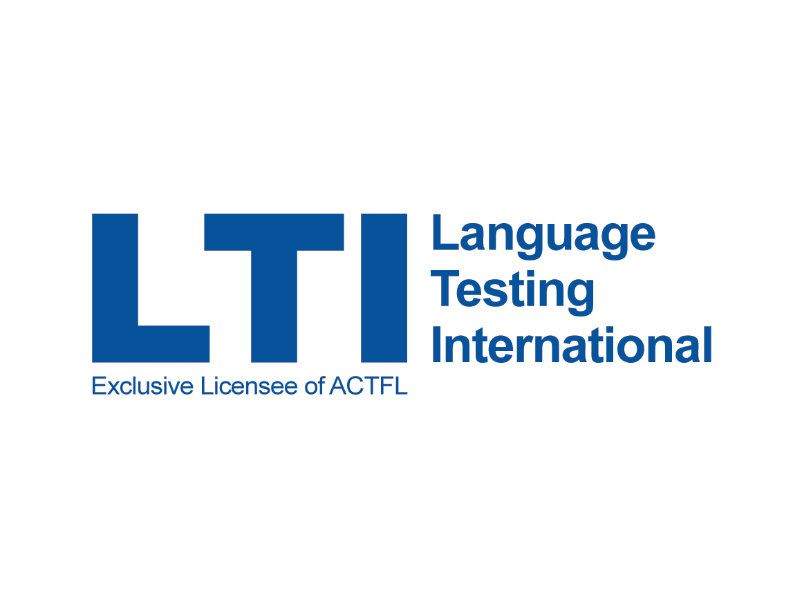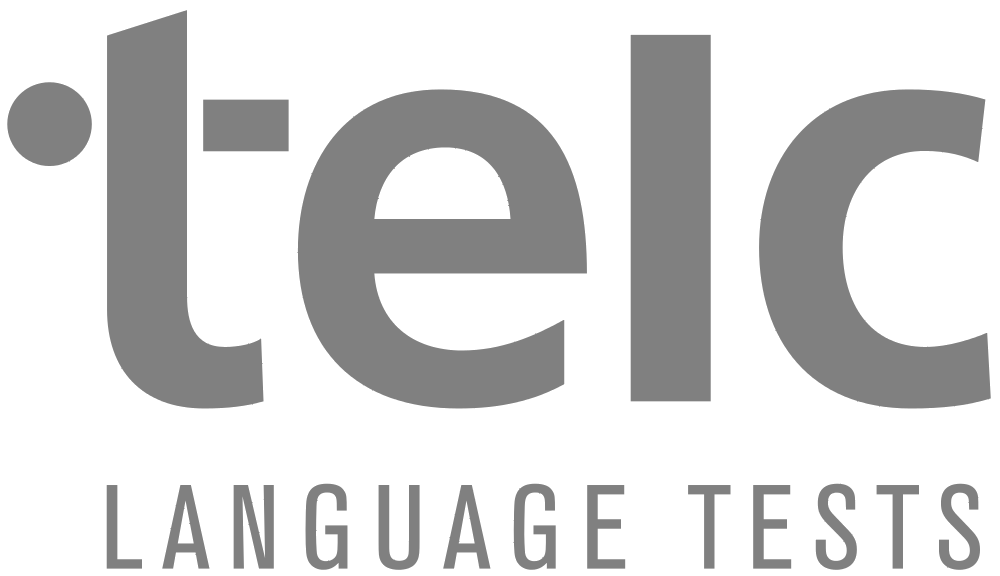The ITT
The purpose of the Institute for Test Research and Test Development is the promotion of science and research as well as the promotion of education, education and vocational training including student assistance.
This is achieved in particular by carrying out scientific research on the science-based development, analysis and optimization of language tests.
The association also develops language tests and advises others on the development of science-based test preparation materials and teaching materials that enable learners to achieve their respective certification goals.
ITT e.V. is engaged in scientific research on and development, analysis and optimization of language tests.
This includes the scientific support of renowned test providers.
In addition, ITT advises on the development of science-based test preparation materials and teaching materials that enable learners to achieve their respective certification goals.
The Institute for Test Research and Test Development (Institut für Testforschung und Testentwicklung, ITT) was established in April 2012. Its founding members include:
-
- Prof. Dr. Erwin Tschirner (Herder-Institute, Leipzig University)
-
- Prof. Dr. Christian Fandrych (Herder-Institute)
-
- Prof. Dr. Olaf Bärenfänger (Language Center, Leipzig University)
-
- Dr. Simone Amorocho (Herder-Institute)
-
- Lavinia Ionica (Martin Luther University Halle-Wittenberg)
-
- Stefan Rahn (Herder-Institute)
- Irmgard Wanner (Language Center)
The current scientific work of the ITT is focused on:
-
- the analysis of reading and listening proficiency tests
-
- establishing correspondences between the ACTFL Proficiency Guidelines and the Common European Framework of Reference for Languages (CEFR)
-
- the scaling of academic language, the investigation and promotion of assessment literacy
-
- the study of examiner and assessor behavior
-
- the examination of scale functionalities
- the analysis of language-proficiency requirements and of evaluation methods within the context of tertiary education
At present, these goals are being pursued in cooperation with the Council of Europe, the American Council on the Teaching of Foreign Languages (ACTFL), Language Testing International (LTI), telc (The European Language Certificates), McGraw-Hill Education, and Cornelsen Publishing Group.
The ITT advises ACTFL in validating their assessments and in the development of reading and listening proficiency tests, and it provides support for strengthening the cooperation between the Council of Europe and ACTFL, a cooperation which began under the leadership of Dr Erwin Tschirner in 2010 with a series of annual symposiums
Board of Directors
The current members of the ITT Executive Board are Prof. Dr. Erwin Tschirner and Prof. Dr. Olaf Bärenfänger.
President
Prof. Dr. Erwin Tschirner
Erwin Tschirner is the Gerhard Helbig Professor for German as a Foreign Language at the Herder Institute (Leipzig University) and an Honorary Professor at both the University of Arizona (USA) and the University of Guadalajara (Mexico). His main areas of focus in the field of language testing include the assessment of competence in speaking, reading, and listening and the evaluation of vocabulary knowledge. He has played an instrumental role in numerous studies in the field of language testing and, through his lectures, workshops, and publications, is active worldwide in promoting the reliable and fair assessment of foreign language competence.
Web
Vice President
Prof. Dr. Olaf Bärenfänger
Olaf Bärenfänger is Director of the Language Center at Leipzig University. In addition, he teaches at the Herder Institute of Leipzig University as a professor of applied linguistics. His main areas of focus in the field of language testing are test validation and test methodology, benchmarking and standard setting, adaptive testing methods, and the planning and implementation of needs assessment as the basis for effective language-testing methods.
Web
Our Partners
In cooperation with the American Association of Teachers of German (AATG), the ITT organizes events like the international Expert Workshop “German as a Foreign Language for STEM Subjects: Foundations and Curricular Approaches.”
German Federal Office for Migration and Refugees (BAMF)
We support the German Federal Office for Migration and Refugees (BAMF), e.g., through the development of science-based guides for the creation of learning-progress tests for integration courses. The purpose of these guides is to enable teachers to collect detailed diagnostic information on the learning progress of participants in their integration courses. This information is important for identifying the appropriate didactic measures for optimizing the learners’ success. Practical examples with references to the textbooks used in the integration courses clearly show the required didactic approaches. These materials have been presented through a series of workshops, where participants were able to learn about their practical application.
The Cornelsen publishing house supports the ITT by funding the project “Assessment Literacy and Skills Development.” The aims of this project include the research-based development of tools and methods of test competence for teachers and learners, the evaluation of existing tools and methods, and the development of tools (models, print- and multimedia materials) and methods for proficiency-oriented tests that enable test candidates to develop and apply their knowledge and skills in an optimal manner. This involves the development of vocabulary tests, which are available free of charge on our website.
Over the course of our long-standing partnership with the non-profit organization interDaF e.V., we have organized numerous workshops and lectures on the reliable testing of German skills, particularly for international teachers. We also partner with interDaF to organize scientific events.
Since 2017 the ITT has been working in cooperation with the Migros Club School on the development of test modules (language levels A1-C1) for the reliable assessment of labor-market-related German language skills in the Canton of Zurich.
The ITT works in cooperation with the LTI to develop ACTFL Listening and Reading Proficiency Tests, target-group-specific language tests for companies like Uber and booking.com, and textbook-based learning-progress tests for language-service providers like Pearson and Berlitz.
Max Planck Institute for Human Cognitive and Brain Sciences
Since 2017, the ITT has been involved in the research project “Structural Plasticity of the Language Network in the Adult Brain when Learning a Foreign Language.” In this context, the ITT has not only administered and scored listening, reading, speaking and vocabulary tests, but also developed and used a test for “elicited imitation.”
In cooperation with McGraw-Hill Education, the ITT carries out frequency-based, corpus-linguistic analyses on the vocabulary covered by textbooks. This work helps foreign language learners acquire vocabulary as effectively as possible.
The non-profit company telc gGmbH has supported the ITT with the project “Scaling of Academic Language” (“Skalierung von Bildungssprache”) and in the organization of the symposium on ability profiles for German as a second academic language (“Kompetenzprofile Deutsch als fremde Bildungssprache”). We have also worked together in the context of vocabulary analyses and a project aimed at the development of certification exams for basic and special modules of vocational German language promotion.
At Leipzig University, the ITT maintains close partnerships with various programs, including the Herder Institute, the Language Center, the organization interDaF e.V at the Herder Institute, and the Faculty of Economics and Management Science, for which a domain-specific English test was developed for prospective students of economics and management science. We also offer support for research projects and student theses at the University.
*Active links are only provided for partners with whom the ITT maintains a commercial business relationship. Partners in the context of a “dedicated activity” (Zweckbetrieb) are not linked, because the tax authorities view such links as a form of advertising.






